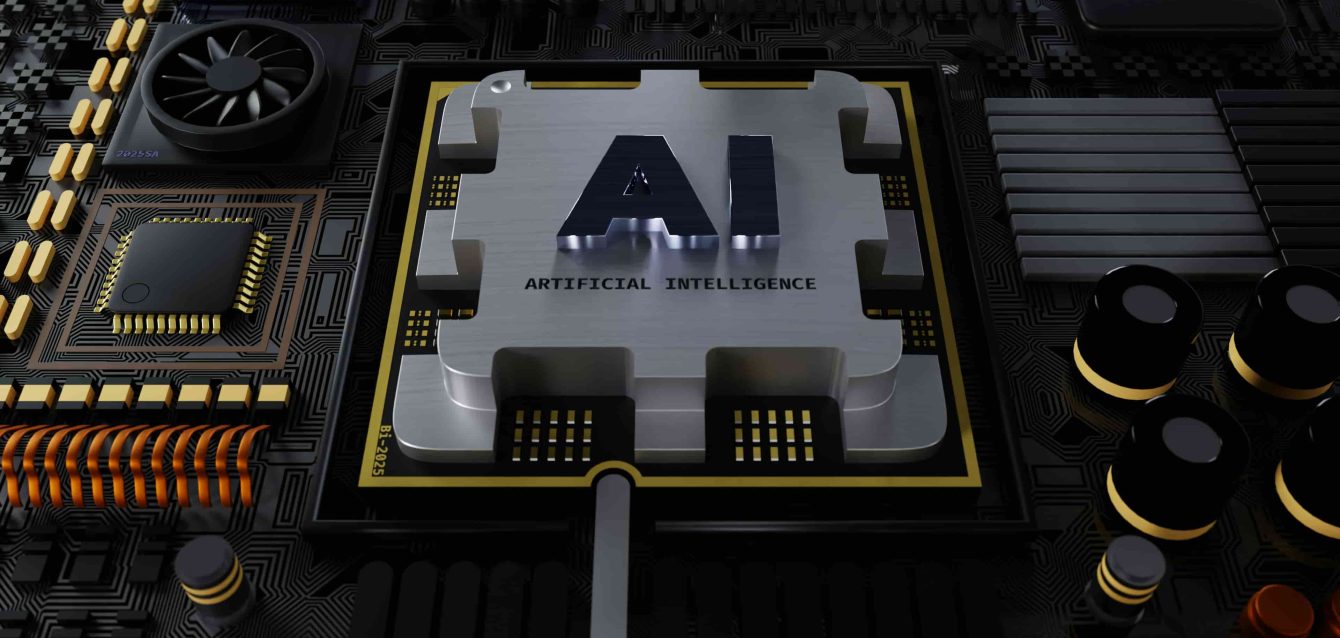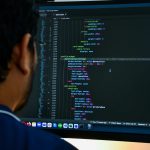AI development in the USA is no longer a buzzword trend. It is a full-blown economic driver. You can see it in the way venture capital flows, in how entire sectors pivot toward automation, and in the fact that nearly every Fortune 500 boardroom now has “AI strategy” as a standing agenda item.
But beyond the hype, here is the real question: how much of a difference is this making for the American digital economy?
Growth that is bigger than just Silicon Valley
For years, AI was painted as the exclusive playground of West Coast giants. Today, you have AI developers in the USA popping up everywhere from Austin to Atlanta. Smaller AI development companies in the USA are pushing into manufacturing, logistics, agriculture, and healthcare.
That matters because it spreads the economic impact beyond tech hubs. This isn’t just Silicon Valley wealth. It is a wider contribution to the US tech sector and the broader economy.
Innovation is not just code, it is application
Innovation in AI doesn’t only come from building larger models. It comes from how those models are applied.
AI economic impact in the USA is being felt in supply chain optimization, fraud detection, and even drug discovery. Every one of these use cases saves money, unlocks efficiency, and pushes industries forward.
AI investment in the USA is flowing heavily into startups that solve these applied problems. That investment is not speculative fluff. It is targeted at companies that can reshape real industries.
Job creation is real, but so is job shift
The loudest criticism of AI is the fear of job loss. And yes, some roles will get automated. But here’s the overlooked truth: AI job creation in the USA is happening at a pace that offsets much of that loss.
Roles in data science, AI ethics, compliance, and prompt engineering did not exist a decade ago. Today, they are among the fastest growing in the American digital economy. The bigger risk isn’t job elimination. It is a skills gap. Companies that fail to retrain workers for AI-enabled roles will lose out while those who invest in reskilling will win.
The ripple effect into the wider economy
The contribution of AI development in the USA is not just in direct jobs or software revenue. It ripples out. New AI solutions boost productivity across finance, healthcare, transportation, and retail. That lifts GDP growth in ways traditional tech adoption never could.
If you’re looking at AI development companies in the USA only as software vendors, you’re missing the bigger story. They are quietly becoming the backbone of future economic competitiveness.
Where I stand
AI is not just another wave of technology. It is the foundation of the next phase of the American economy. Growth is real. Innovation is tangible. Job creation is measurable.
The challenge for AI developers in the USA now is to ensure this growth is sustainable and inclusive. Because the question is not whether AI will shape the economy. The question is who will be positioned to benefit when it does.






